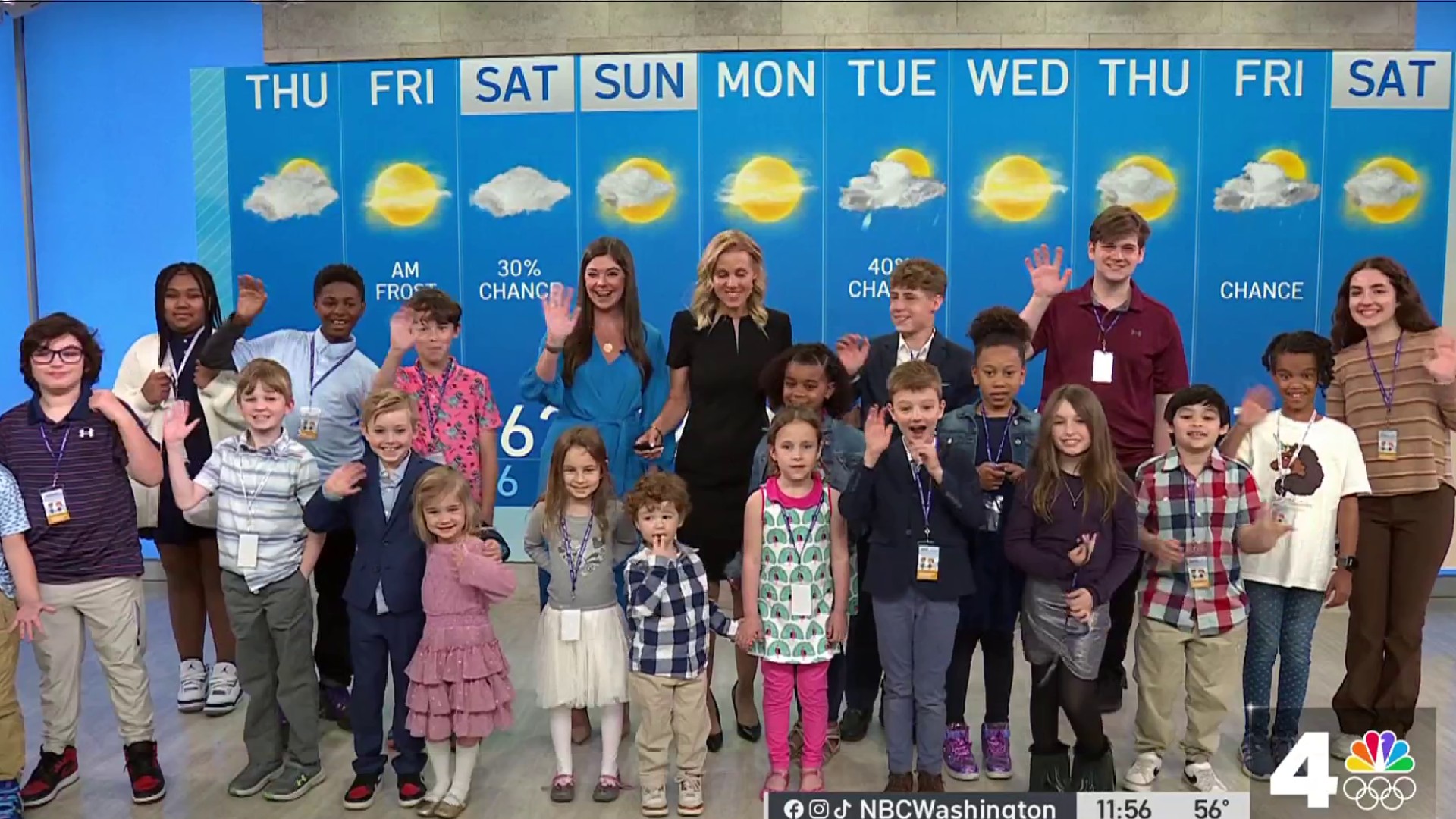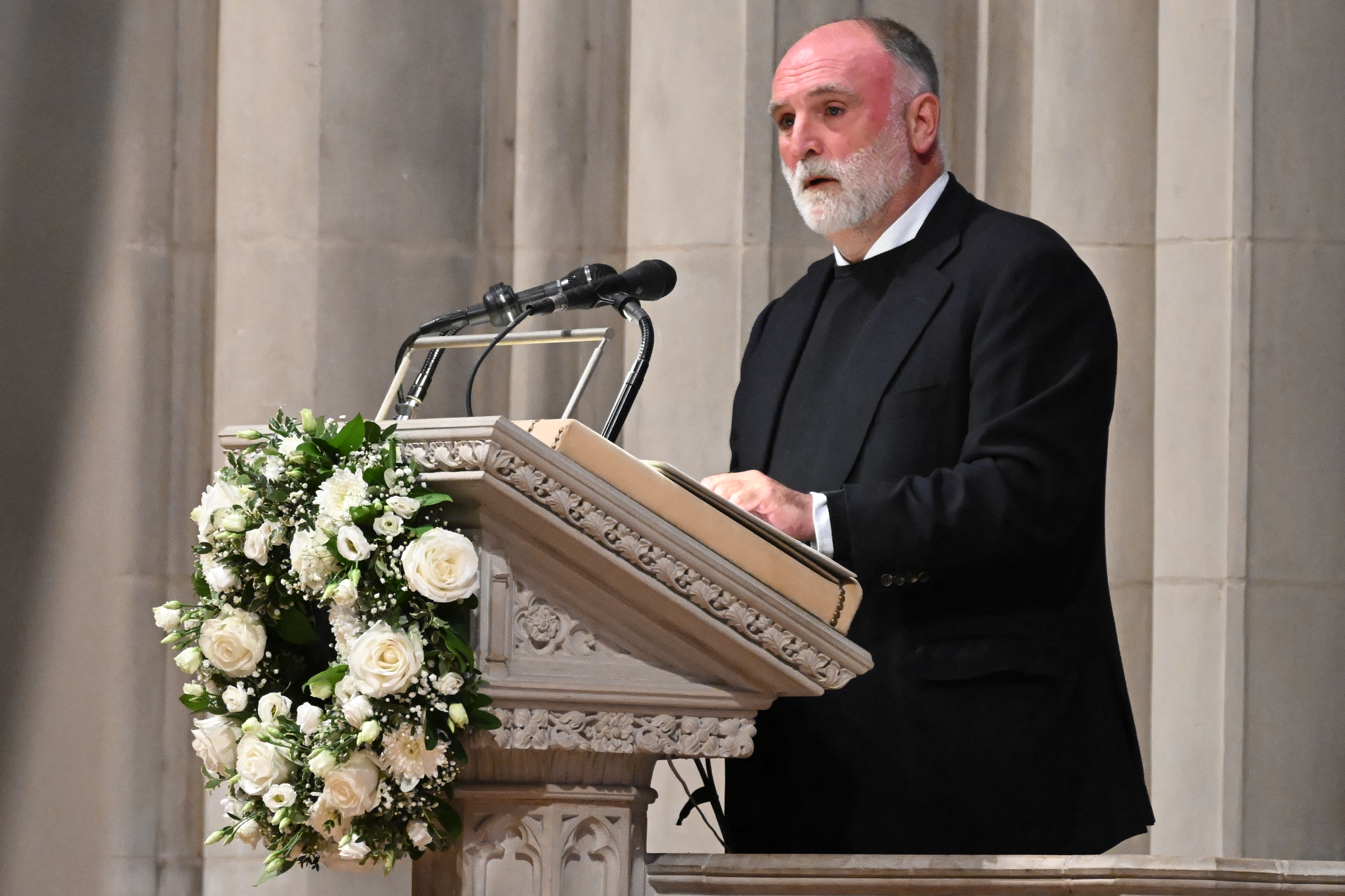After 10 years as chief of the St. Mary's County Detention Center, Capt. Michael Merican is in a situation he says isn't just difficult, it's impossible.
Merican pays close attention to the needs and well-being of 200 inmates, but one causes him constant worry: a terrified 17-year-old boy.
"I have him in a medical holding cell all by himself because he's too frightened to even put him in protective custody unit with other adults," Merican said of the teen, who arrived at the facility Jan. 6 after being charged as an adult with assault and kidnapping. "He can't watch TV or play board games. I put him out to recreation all by himself. He's scared to death."
How to handle defendants like these is up for debate this week among Maryland lawmakers, who are considering legislation to automatically place juveniles charged as adults in youth detention centers.
In Maryland, teenagers 14 and older are automatically charged as adults for serious offenses, including first-degree murder and rape. Teens who are 16 or 17 are charged as adults if they commit one of 33 offenses, including assault and manslaughter. In 2014, roughly 460 teenagers were charged as adults across the state and sent to adult facilities.
Under current law, judges may transfer a juvenile charged as an adult to a juvenile detention center. But advocates say judges typically send youths facing crimes as adults to adult jails, where they could wait months for a hearing on a request to send their case back to the juvenile system.
A bill sponsored by Sen. Lisa Gladden, D-Baltimore, would send all young people charged as adults who are eligible for transfer to juvenile court to facilities run by the Department of Juvenile Services. Teens 16 or older facing first-degree murder charges or who have been previously convicted of adult offenses would still go to adult jails.
Local
Washington, D.C., Maryland and Virginia local news, events and information
If passed, Maryland would join a handful of other states that bar juveniles from being held in adult jails before trial, including Colorado, Ohio and Virginia.
Juvenile justice advocates say the change would minimize victimization and psychological, emotional and physical trauma.
"This safeguards our kids until the court has made the decision about whether to prosecute them as children or adults," said Kara Aanenson, advocacy director for Just Kids Partnership, which helped craft the legislation. "Until that decision is made, they should be in the safest facility as possible where they can get the services they need and are required to have."
A federal law aimed at strengthening protections for youths charged as adults has posed challenges for wardens struggling to accommodate one or two teens among hundreds of adults.
The Prison Rape Elimination Act's final standards, which went into effect in 2012, define a "youthful offender" as anyone under the age of 18, and require jails to maintain "sight and sound separation" from adult inmates so they can't see or communicate with them.
Jabreira Handy, now 23, was charged as an adult with second-degree murder at 16 and was sent to the women's jail in Baltimore, where she lived in a dorm for juveniles. During her 11-month stay, she spent a 36-day stint in solitary confinement, an experience she says still haunts her. But Handy said she was once forced to shower with an adult inmate, and at times, older inmates who delivered food to the dorm threatened her. Handy said she accepted a plea deal primarily because prosecutors promised to transfer her case to juvenile court.
"The juvenile system has programs to help kids, they have accommodations for kids who have mental and educational needs. They need therapy. I had a treatment plan. Everyone was talking about becoming a better person and what they'll do when they go home," Handy said. "The adult system, they just let you sit. You sit, you think, it makes it worse. You meet other criminals, and you add to your skill set to become a better criminal."
The Maryland Judicial Conference believes crimes that prompt adult charges are serious enough that housing the teens facing such charges with other juveniles could be dangerous. And Baltimore County State's Attorney Scott Shellenberger called the legislation "horrible."
"The legislature has deemed them adults," Shellenberger said. "You commit a big-boy crime at a certain age, you're treated like an adult."
In the city of Baltimore, the state Department of Juvenile Services recently began housing all eligible youths charged as adults in its juvenile center. Eric Solomon, a spokesman for the agency, said the department has been able to "manage these youth without significant behavioral problems."



